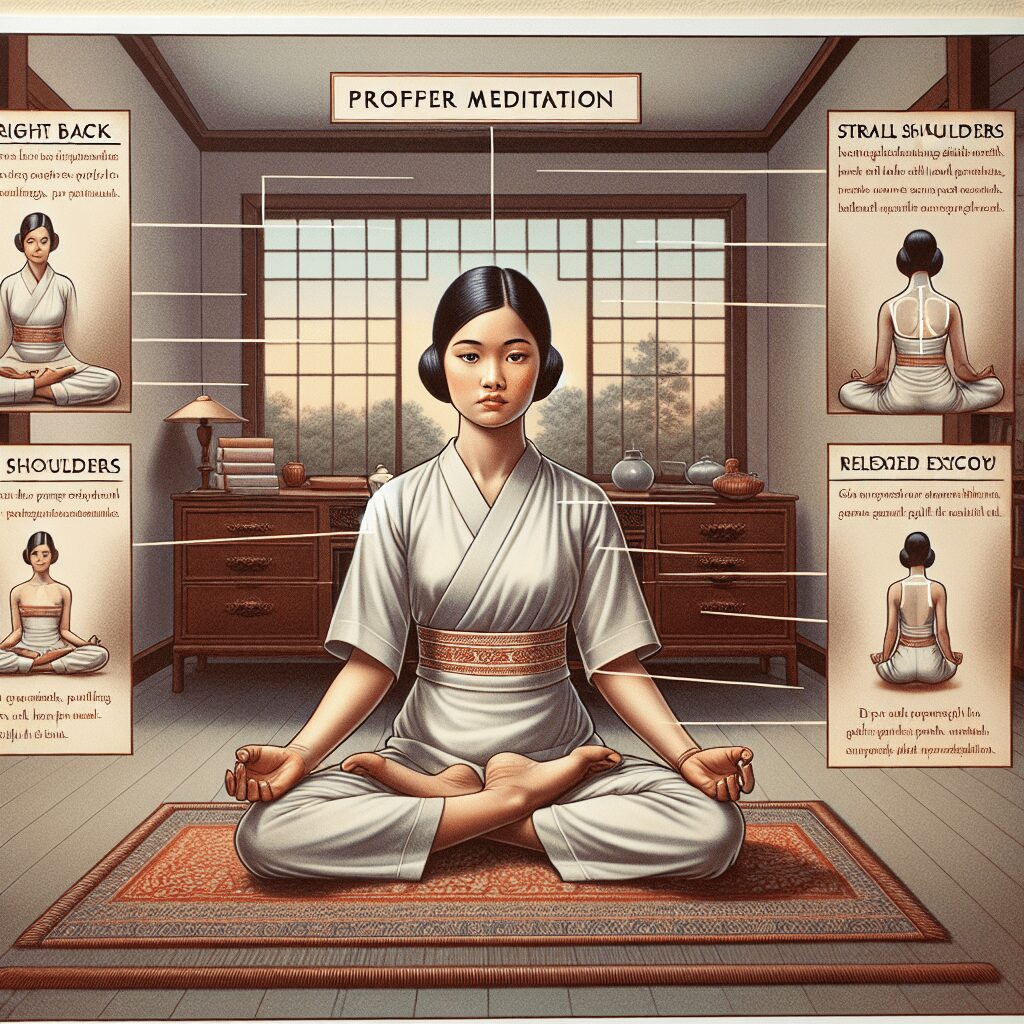
Prioritize your mental well-being daily. Enhance your life by nurturing your mental health with the Smart Meditation app. Break free from stress, alleviate anxiety, and enhance your sleep quality starting today.
What Is The Best Meditation Technique?
Unlocking the Secrets of Mindfulness: Discover the Best Meditation Technique
In an era where the hustle and bustle of daily life often drown out the whispers of our inner selves, meditation has emerged as a beacon of tranquility and self-awareness. Yet, as you embark on a journey into the realm of meditation, one question frequently bubbles up to the surface: What is the best meditation technique? Truth be told, the answer isn’t quite as straightforward as one might hope. Instead, it’s more akin to asking, “What’s the best cuisine?”- it all boils down to personal preference and what you’re hoping to get out of the experience. Let’s dive deeper into the tranquility tapestry and explore a few time-honored techniques that have helped countless individuals find their internal compass.
The Zen of Finding Your Meditation Match
Embarking on the meditation journey can often feel akin to being a kid in a candy store – everything looks promising, but making the right choice can seem daunting. Here are a few universally cherished meditation methods that cater to various goals and preferences:
-
Mindfulness Meditation: At its core, mindfulness is about being present. This technique involves anchoring your attention to the here and now, focusing mindfully on your breath or sensations in your body. It’s as if you’re taking a step back and becoming an observer of your own mind. Ideal for those seeking to reduce stress and enhance their awareness.
-
Transcendental Meditation (TM): The TM technique is a bit like having a personal mantra – a sound, word, or phrase you repeat silently to yourself, allowing you to dive deep into a state of profound relaxation and clarity. TM is for those looking to explore deeper levels of consciousness beyond the day-to-day chatter of the mind.
-
Guided Visualization: Ever fancied an inner journey to pristine beaches or tranquil mountain tops? Guided visualization, or guided imagery, is your ticket there. A facilitator leads you through vivid, peaceful landscapes using descriptive language, engaging your senses and imagination. It’s a fantastic choice for visual learners and those seeking an escape from stress.
-
Zen Meditation (Zazen): Simplicity and discipline are the heartbeats of Zen meditation. Practitioners sit in a comfortable yet disciplined posture, focusing on their breath while acknowledging and letting go of thoughts without judgment. Perfect for those looking for structure and a path to enlightenment.
-
Loving-Kindness Meditation (Metta): In a world that can often seem devoid of compassion, Metta meditation serves as a gentle reminder of the power of unconditional love. By directing well-wishes towards yourself and progressively outwards towards others, you strengthen feelings of kindness and interconnectedness. A must-try for anyone seeking to foster empathy and emotional healing.
Tailoring Your Practice to Your Life
Let’s face it; the “best” meditation technique is the one you’ll actually stick with. Think of it as a compound interest account for your well-being—the consistent, daily deposits matter more than the initial sum. Here are a few quick tips for weaving meditation into the fabric of your daily life:
-
Start Small: Rome wasn’t built in a day, and neither is a steadfast meditation practice. Start with 5-10 minutes a day and gradually increase as you get more comfortable.
-
Stick to a Schedule: Consistency is key. Try to meditate at the same time each day to establish it as a non-negotiable part of your routine.
-
Create a Dedicated Space: If possible, designate a quiet, comfortable spot in your home as your meditation nook—a place where you can retreat and tune into your practice without distractions.
-
Be Patient and Kind to Yourself: Some days, meditating will feel like a breeze. On others, it’ll be more like an uphill battle. Remember, it’s all part of the process. Be gently persistent and kind to yourself.
In the final analysis, the quest for the best meditation technique mirrors the broader journey of self-discovery and personal growth—it’s deeply personal, inherently diverse, and wonderfully rewarding. So why not roll out the mat, take a comfortable seat, and embark on an exploration of the mind? Who knows, the perfect meditation technique for you might be just a breath away!





